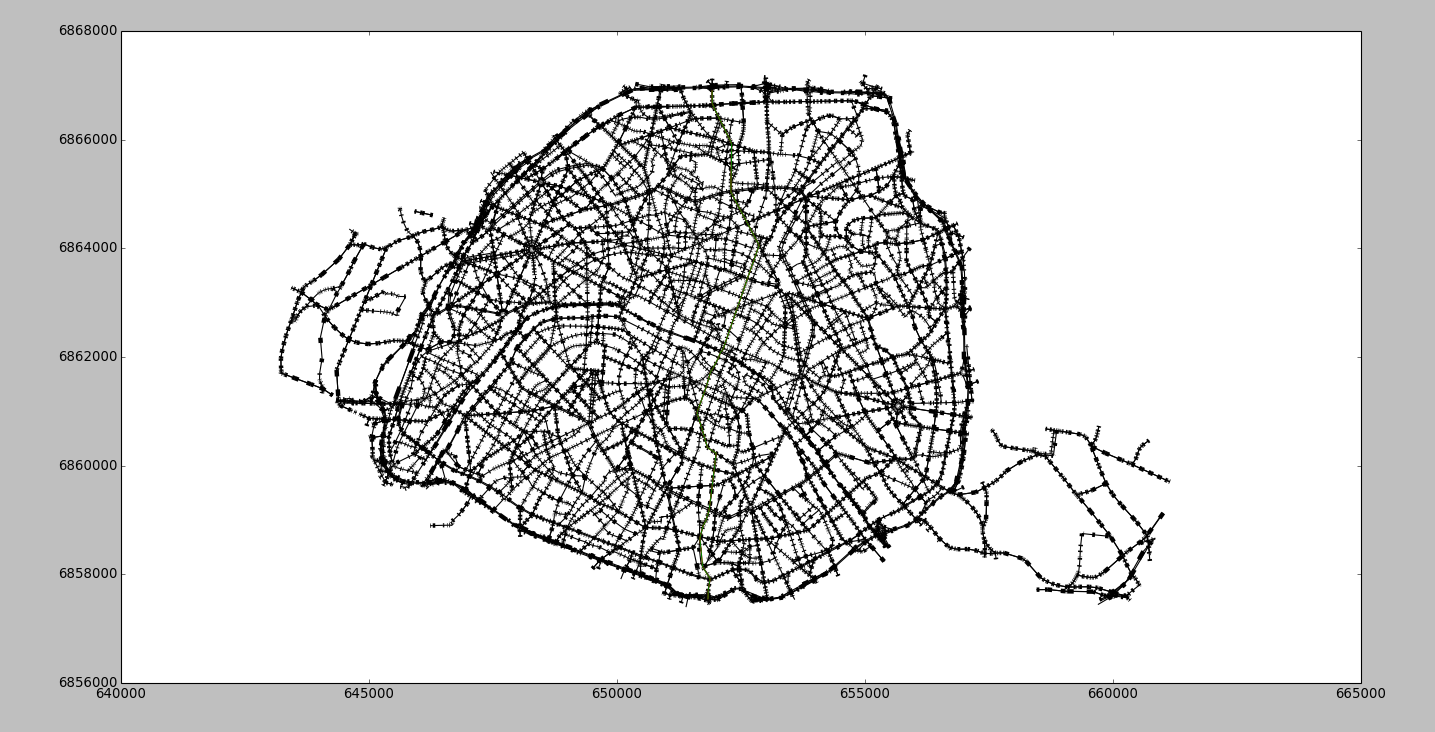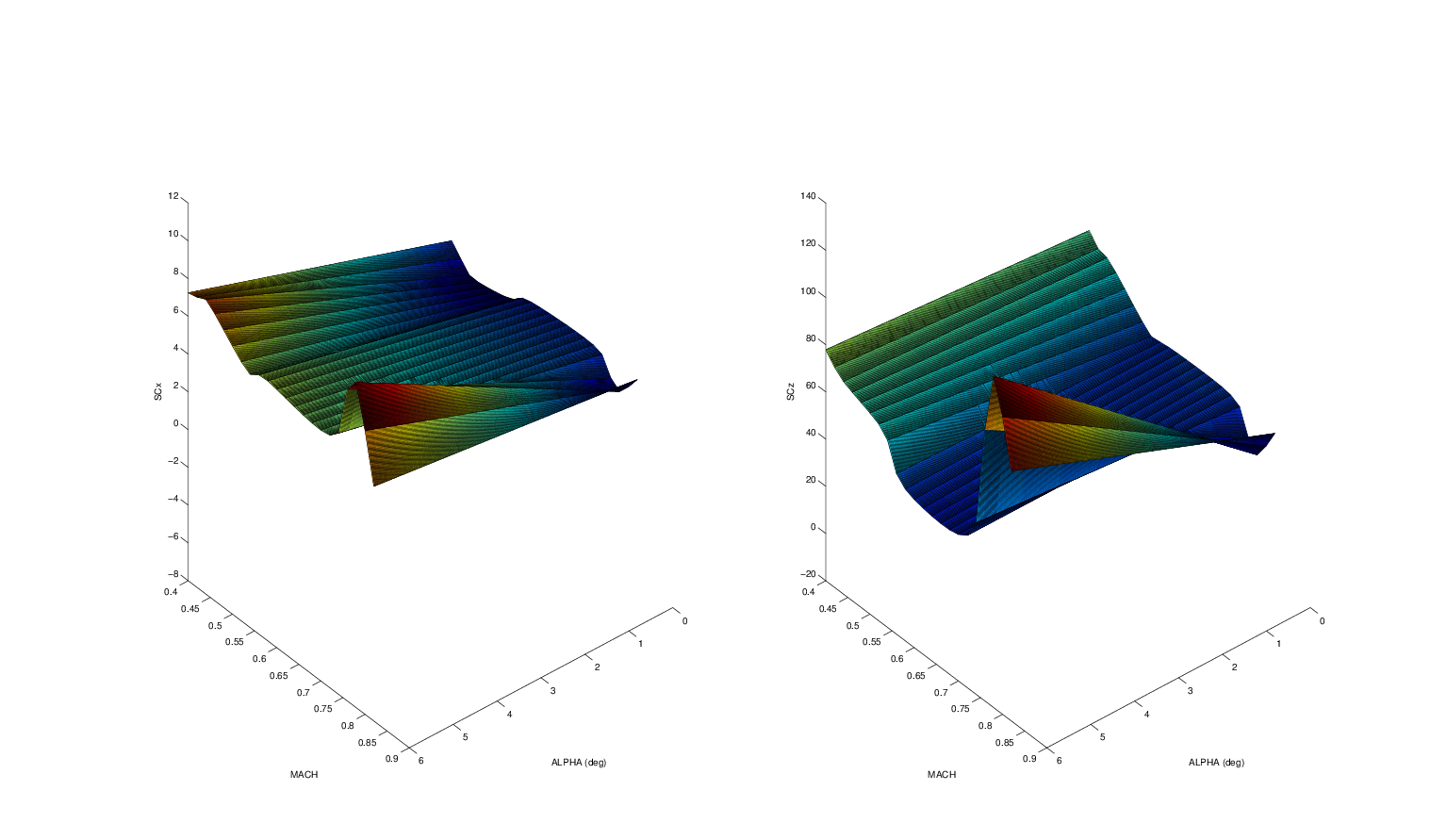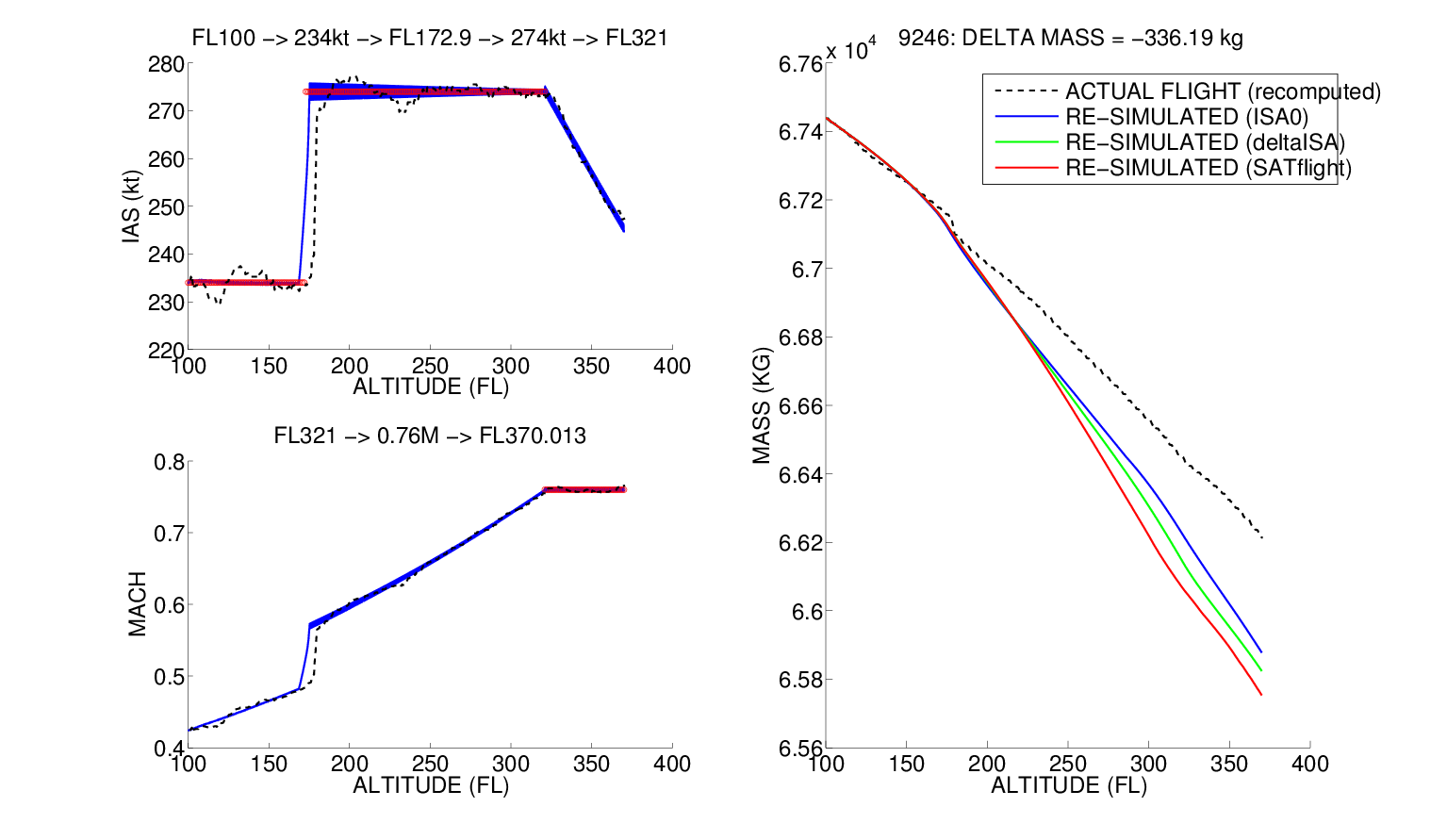Section: Bilateral Contracts and Grants with Industry
Bilateral Contracts with Industry
Ifpen
In the framework of the PhD thesis of Arthur Le Rhun, we study the energy management of hybrid (parallel) vehicles, and more specifically the optimal use of the thermal engine. Before the PhD, a 4-month internship was focused on the eco-routing problem for hybrid vehicles, ie computing the optimal path. We proposed a method based on graphs: the road network is defined by a graph, and to take into account the hybrid aspect of the vehicle, we dicretized the State of Charge on each node. Then a simple shortest path algorithm (A*) applied to this extended graph is able to solve the routing problem. Numerical simulations indicate that the solution of our discrete eco-routing problem converges to the correct solution when a sufficiently fine discretization of SoC is used. We illustrate the method on the Ille-et-Vilaine department, see Fig. 1 and Table 1. The main disadvantage of the method is the increasingly large computation time when the size of the extended graph grows.
| SoC disc. | improved cases | Fuel savings | CPU time (s) |
| 3 | 19% | 0.9753 | 6.03 |
| 5 | 65% | 0.8531 | 14.64 |
| 10 | 88% | 0.5831 | 52.80 |
| 20 | 88% | 0.4222 | 283.43 |
Safety Line
In the framework of an Ilab with Safety Line (a startup in aeronautics), we design tools for the optimization of fuel consumption for civil planes. A first part is devoted to the identification of the aerodynamic and thrust characteristics of the plane, using recorded data from hundreds of flights. Fig. 2 shows the drag and lift coefficients for a Boeing 737, as functions of Mach and angle of attack. A second part is optimizing the fuel consumption during the climb and cruise phases. Fig. 3 shows a simulated climb phase, along with recorded data from the actual flight. This collaboration relies significantly on the toolboxes Bocop and BocopHJB developed by Commands since 2010.





